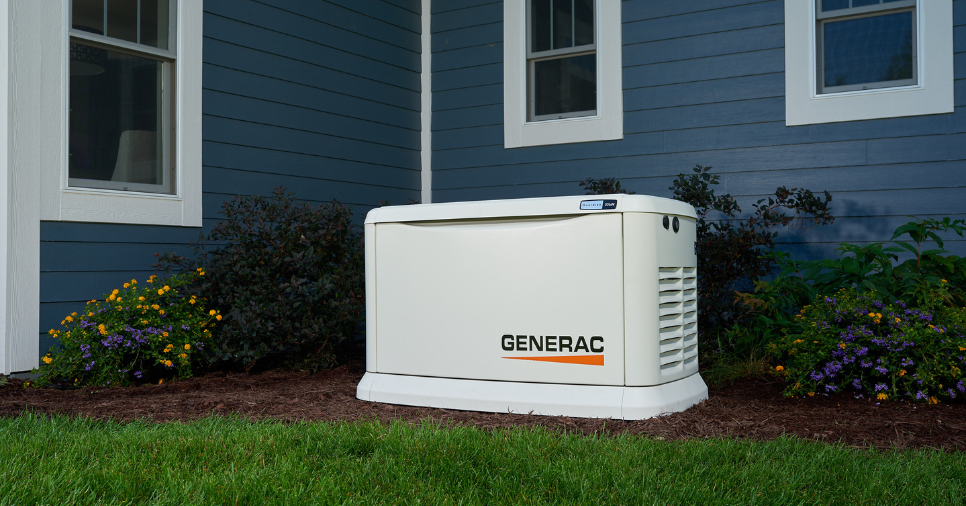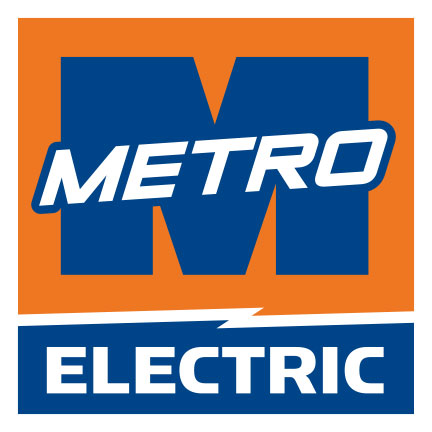Why Won’t My Generator Kick On During an Outage?

Few things are more frustrating than a power outage—except maybe when your generator refuses to turn on during one. You bought that generator to be your backup plan, your safety net, your “never in the dark again” solution. Not to mention, you invested a lot of money into it. So what’s going on when it decides to take a nap right when you need it most?
Don’t worry; we’ve got you covered. Let’s break down some of the most common reasons your generator might not be kicking on and what you can do to fix it.
1. Check the Fuel Supply
This might sound obvious, but you’d be surprised how often the issue comes down to something simple: no fuel.
Generators run on gas, diesel, propane, or natural gas. If you’re using a portable generator, check the fuel tank. For standby generators connected to a propane or natural gas line, verify that the valve is open, and the supply hasn’t been interrupted.
Quick Tip: If your generator hasn’t been used in a while, stale fuel could also be the culprit. Gasoline, for instance, can degrade over time and clog the fuel lines. Always store fresh fuel and consider adding a stabilizer if you’re leaving it unused for extended periods.
2. Inspect the Battery
Your generator’s battery is what gives it the initial spark to start. If the battery is dead, corroded, or not properly connected, your generator won’t even try to start.
What to Do:
- Check the battery terminals for corrosion and clean them if necessary.
- Test the battery with a multimeter. If it’s not holding a charge, it may need to be replaced.
- Make sure the battery cables are securely connected.
3. Verify the Automatic Transfer Switch (ATS)
If you have a standby generator, it’s equipped with an automatic transfer switch (ATS) that detects outages and signals the generator to start. If the ATS isn’t working properly, your generator might not know there’s a power outage.
How to Check:
- Ensure the ATS has power and isn’t tripped or damaged.
- Look for any visible signs of wear or loose connections.
- If you’re not sure how to inspect it, call a professional to diagnose the issue.
4. Check the Oil Level
Generators have built-in safety features to protect the engine, and one of these is shutting off when oil levels are too low. If your generator has oil sensors, they could be preventing it from starting.
Solution:
- Check the oil level with the dipstick.
- Add oil if it’s low, but make sure to use the type recommended by the manufacturer.
5. Clogged Air Filter
Engines need a proper air-fuel mixture to run, and a clogged air filter can disrupt that balance. If your generator hasn’t been serviced in a while, the air filter might be dirty or completely blocked.
Fix It:
- Remove the air filter and inspect it.
- Clean or replace it if necessary. This is usually a quick and inexpensive fix.
6. Electrical or Mechanical Issues
Sometimes the problem isn’t something you can see with the naked eye. Internal electrical or mechanical failures—like a blown fuse, faulty wiring, or a malfunctioning control panel—can stop your generator from running.
When to Call for Help: If you’ve checked all the basics and your generator still won’t start, it’s time to bring in the pros. A certified technician, like the ones here at Metro, can run diagnostics and identify more complex problems.
Keep Your Generator in Tip-Top Shape
The best way to ensure your generator is ready to go during an outage is to perform regular maintenance.
Here are a few tips to keep it running smoothly:
- Start it up and let it run for a few minutes every month (even when you don’t need it).
- Schedule an annual inspection with a professional.
- Replace parts like filters, spark plugs, and oil as recommended by the manufacturer.
By staying on top of maintenance and addressing issues as they arise, you’ll ensure your generator is ready to spring into action when the lights go out.
Contact Metro Electric for All Your Generator Needs in Southeast Michigan
Power outages are stressful enough without having to troubleshoot your generator in the dark. The key is to stay calm and work through the basics: fuel, battery, oil, and filters. If those don’t solve the problem, don’t hesitate to call Metro Electric.
Remember, your generator is a lifeline during emergencies—treat it well, and it’ll return the favor when you need it most. If you’re having trouble or need professional maintenance, give us a call or request a service online here. We’re here to help!
